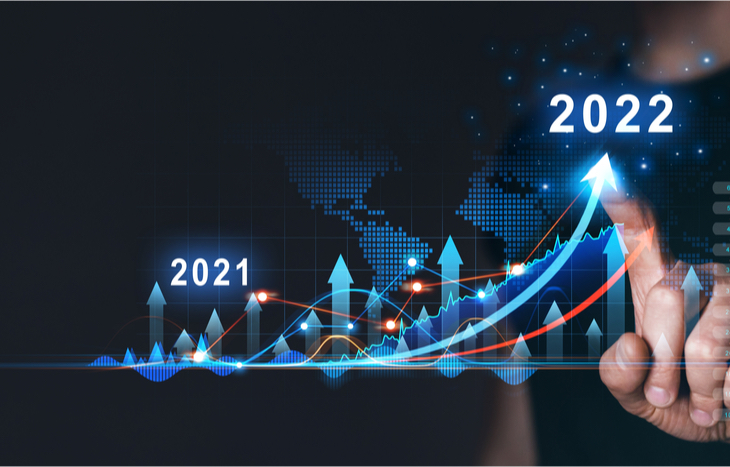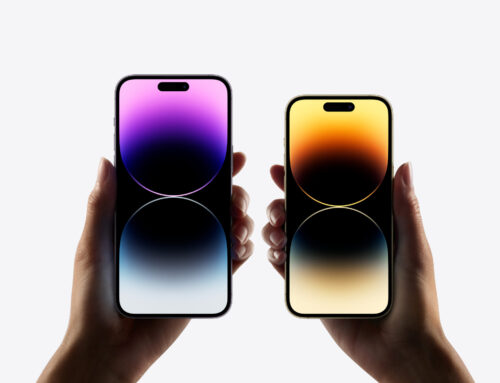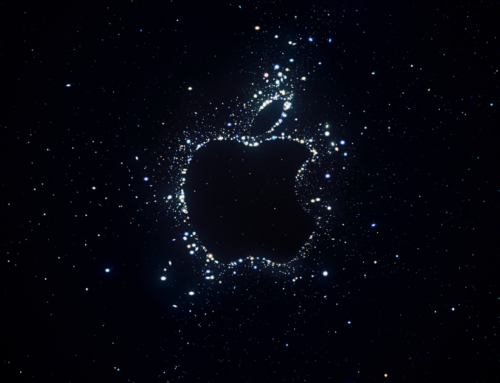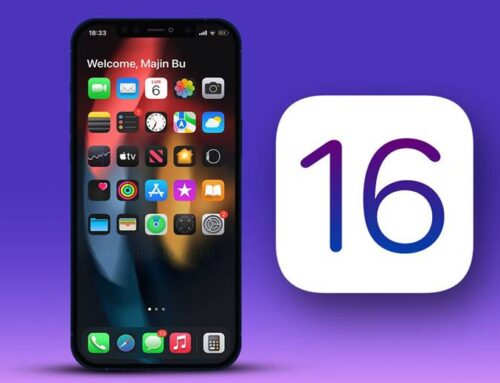How inflation is affecting the Tech Industry
It’s no secret that prices have been rising from putting fuel in your car and heating your house to buying your basic groceries, everything is costing more. Tech has not been immune from being hit by rising prices. Even though it’s much harder to notice, the price of tech has been affected significantly. We’ve all been in a position of wanting a new piece of tech, but feel guilty paying the usual high fee that comes with the latest tech. So, what do we do? We justify the purchase by waiting a few months for the item to fall in price. But this year, that hasn’t happened. This year we have seen numerous examples of tech getting more expensive or hasn’t fallen in price, part of this is due to ongoing supply chain problems, making it harder for companies to source components. All of this contributes to the companies’ rising prices.
It’s been announced that the iPhone 14 will potentially release at a price point £100 more than the iPhone 13, although this will only affect the Pro and Pro Max models. This isn’t the only example of Apple products rising in price with the latest MacBook Air released with a starting price of nearly £200 more than its predecessor in 2020, which right now is the same price as it was when it was released two years ago. Whether the price point is due to the supply problems or the fact the 2020 MacBook Air hasn’t fallen in price we don’t know but either way these prices aren’t just happening at Apple. Samsung’s Galaxy watch 5 Is releasing at £30 more than the Galaxy watch 4 and similarly the Galaxy Buds 2 are also £30 more than the original Galaxy Buds. A big announcement lately was Meta increasing the price of their Quest 2 virtual reality headset by £100 stating “this price rise has been enforced as the cost of making our products have been on the rise” Meta is however giving away a free copy of popular game Beat Saber with the headset to try and lessen the blow of the £100 price rise. The evidence is clear, big companies are also feeling the effects of inflation and unfortunately, that is passed onto the consumer, but there is a way to get your tech fix without paying the inflation rates, buy refurbished.
Refurbished devices.
It’s no wonder that the refurbished market is continuing to grow, with newer tech not dropping in price. The much lower refurbished price is looking more and more appealing. A refurbished iPhone 12 will cost you just under £400 whereas a new one from Apple will cost £679. The only difference between the two is one had a previous owner and is £279 cheaper. It’s not a guarantee a refurbished phone has been used, often customers change their minds during the 30 days cooling-off period, which can be before the customer even uses the device yet once returned to Apple the device will be sold as refurbished, meaning the device is essentially new. So, say you are new to Apple and want to create your own Apple ecosystem, buying the following:
• iPhone 12
• AirPods 3rd generation
• Macbook Air (2020)
• Series 7 Apple Watch
This will cost £1,646 buying refurbished but brand new from Apple it will cost £2,253. So, saving a whopping £607, for that kind of saving you can even buy a refurbished iPad Pro 11 (2020) too for £550 and still have spent less!
Refurbishment of tech helps keep components and devices in circulation, reducing the need for manufacturing due to devices having longer life cycles. It helps reduce E-Waste and carbon emissions and is much cheaper than buying new. It’s time to bump the stigma of using refurbished tech and instead embrace the benefits for the user and environment.
Read more about why refurbished Phones are good for the planet here: https://phoenixcellular.com/news/sustainability-why-refurbished-mobile-phones-are-good-for-the-planet/



